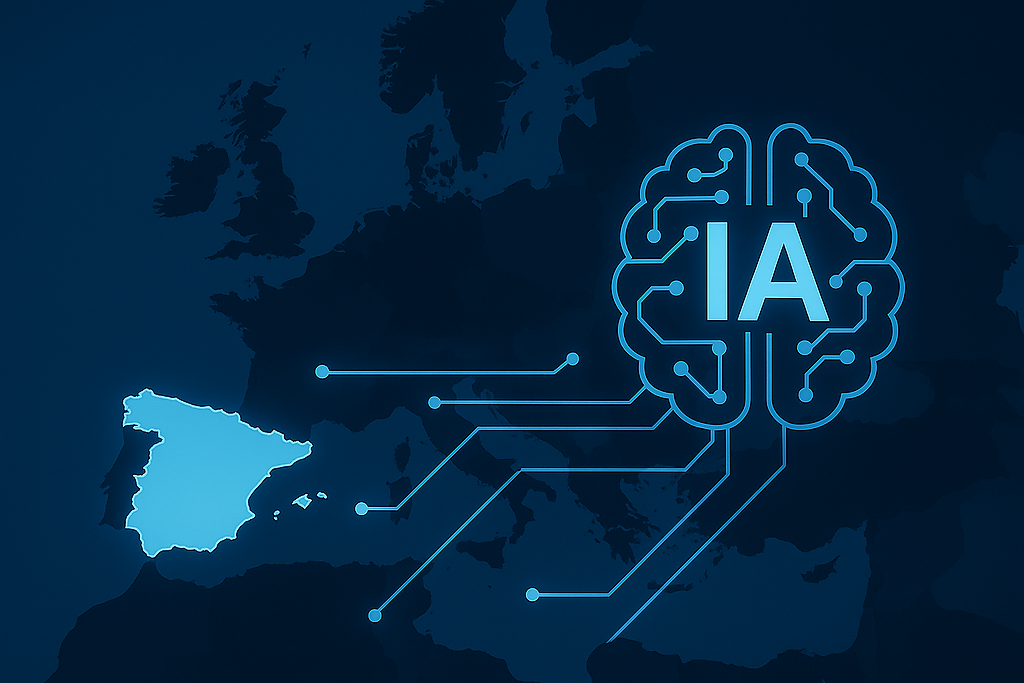Spain advances in the adoption of AI and approaches the European average
Almost one in five Spanish companies already uses AI systems, although intensive use remains limited and SMEs face greater barriers.
Artificial intelligence (AI) is no longer just a futuristic promise; it is increasingly becoming a practical tool in the Spanish business fabric. According to the latest Economic Bulletin of the Bank of Spain, around 20% of companies in the country report using some form of AI system, placing Spain in an intermediate position compared to other European economies.
The report highlights that most companies employ these technologies in an experimental way or for very specific uses, such as data analysis or improving administrative processes, while intensive adoption projects remain a minority. The trend also shows a significant difference between large corporations and small and medium-sized enterprises (SMEs), the latter facing greater difficulties in allocating financial and human resources to advanced digitalization projects.
One of the main challenges identified by the Bank of Spain is the shortage of specialized talent. Many companies admit they lack staff trained in AI and a clear roadmap linking technology to their business objectives. This strategic gap explains why, despite growing investment in digitalization, a significant part of the business sector has not yet been able to fully harness the potential of AI.
At the same time, the creation of the Spanish Agency for the Supervision of Artificial Intelligence (AESIA), together with the entry into force of the European Artificial Intelligence Act (AI Act), aims to ensure the safe, transparent, and responsible development of these technologies. These regulatory initiatives are designed to build trust among companies and citizens, strengthening the protection of fundamental rights and the ethical use of algorithms.
Experts agree that Spain has an opportunity to position itself at the forefront if it manages to overcome the talent gap and support SMEs in their digital transformation process. The adoption of AI is seen not only as a factor of economic competitiveness but also as a way to generate added value for society by optimizing services, improving efficiency, and freeing up time for tasks with greater human impact.






